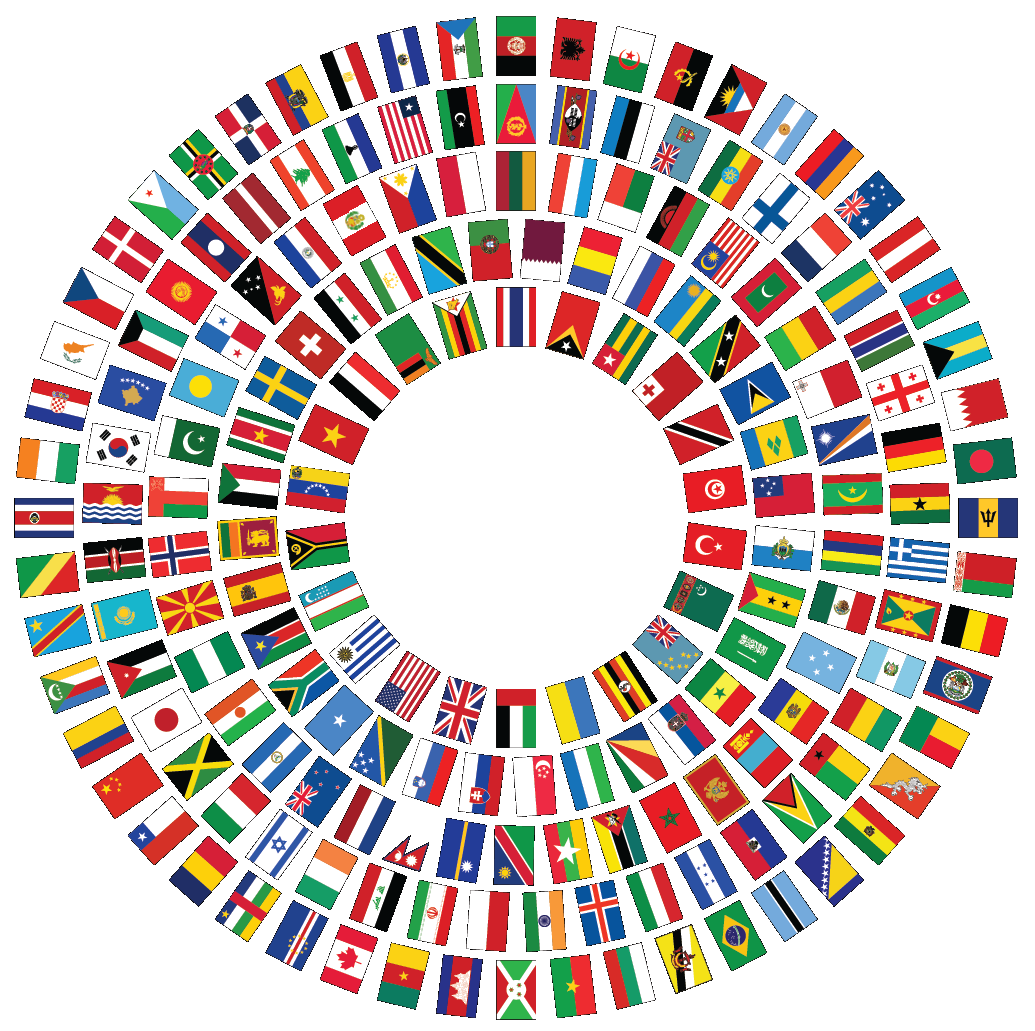IMF Chief Kristalina Georgieva has called for every government to implement some form of carbon taxes or “carbon pricing” in the near future.
Yes, we’re into week two of the UN’s COP28 climate change summit, and the hits just keep on coming.
For example, yesterday it was announced sixty-three world governments have pledged to reduce the emissions from air conditioners and electrics fans.
[You can read a detailed breakdown of the other pledges made during COP28’s first week here.]
Speaking at COP28 in Dubai, and repeated in an interview with the Guardian, Georgieva extolled the virtues of “carbon pricing” and heaped praise on the EU and Canada for their implementation:
When you put a price on carbon, decarbonisation accelerates. The Europeans introduced the emission trading scheme [in 2005] and they have been growing and yet emissions went down by 37%. You see the same thing in Canada with their carbon tax.”
While both the speech and interview discuss the proposed carbon taxes in terms of corporations as “major polluters”, any tax applied to big business would be directly passed onto private citizens via price increases.
The Guardian acknowledges this, but of course, decides to add a weasel-word qualification [emphasis added]:
However, attractive though a carbon price may be in economic theory, in practice governments are reluctant to impose such explicit prices and taxes, because they can easily be attacked, and because they hit poorer people hardest, if badly applied.
“If badly applied”, sure.
The truth is economic destruction, designed to lower the standard of living for ordinary people, is the whole point of “carbon taxes”. just as it was the point of lockdowns.
Deceptive language aside, the undeniable fact that any carbon tax – corporate or individual – would directly harm the poorest is clearly understood by the people who would seek to enforce them.
Not that they have a problem with that, you understand, their concern is merely that purely public rage and/or civil disobedience makes direct taxation difficult to implement. The Guardian article gives the game away by referencing France’s Gilets Jaunes protests as an example.
So, even as Georgieva names carbon taxes the “perfect” solution to climate change, she recognizes the need to rely on more indirect methods.
Yes, the best way to introduce implement carbon prices [is] a carbon tax…But it is not politically feasible in some countries … We can also use regulatory compliance in which standards lead to implicit prices on carbon.”
These “regulations” and “implicit” prices would not be “carbon taxes” in name, but they would very much be so in spirit.
Again the Guardian cites an example, the EU’s recent “carbon border adjustment mechanisms”, which charge more import duties on goods coming from countries with “lax” emissions policies.
A global version of those rules is likely just one of many such measures we can expect moving forward since, according to Georgieva, the world’s biggest financial institutions are all working together on this issue:
[T]he IMF, World Bank, OECD and World Trade Organization [have] set up a taskforce to examine the different carbon prices that are implied in countries around the world by their carbon policies and regulations.”
The head of IMF has spoken, and the World Bank and World Trade Organization are all on board: Carbon Taxes are inevitable. The only question is what they decide to call them.
All the world’s biggest financial heavy-hitters are coming together to figure out the best way to scam people out of their hard-earned money…for the good of the planet, obviously.
Related posts:
Views: 0
 RSS Feed
RSS Feed

















 December 12th, 2023
December 12th, 2023  Awake Goy
Awake Goy 
 Posted in
Posted in  Tags:
Tags: 
















